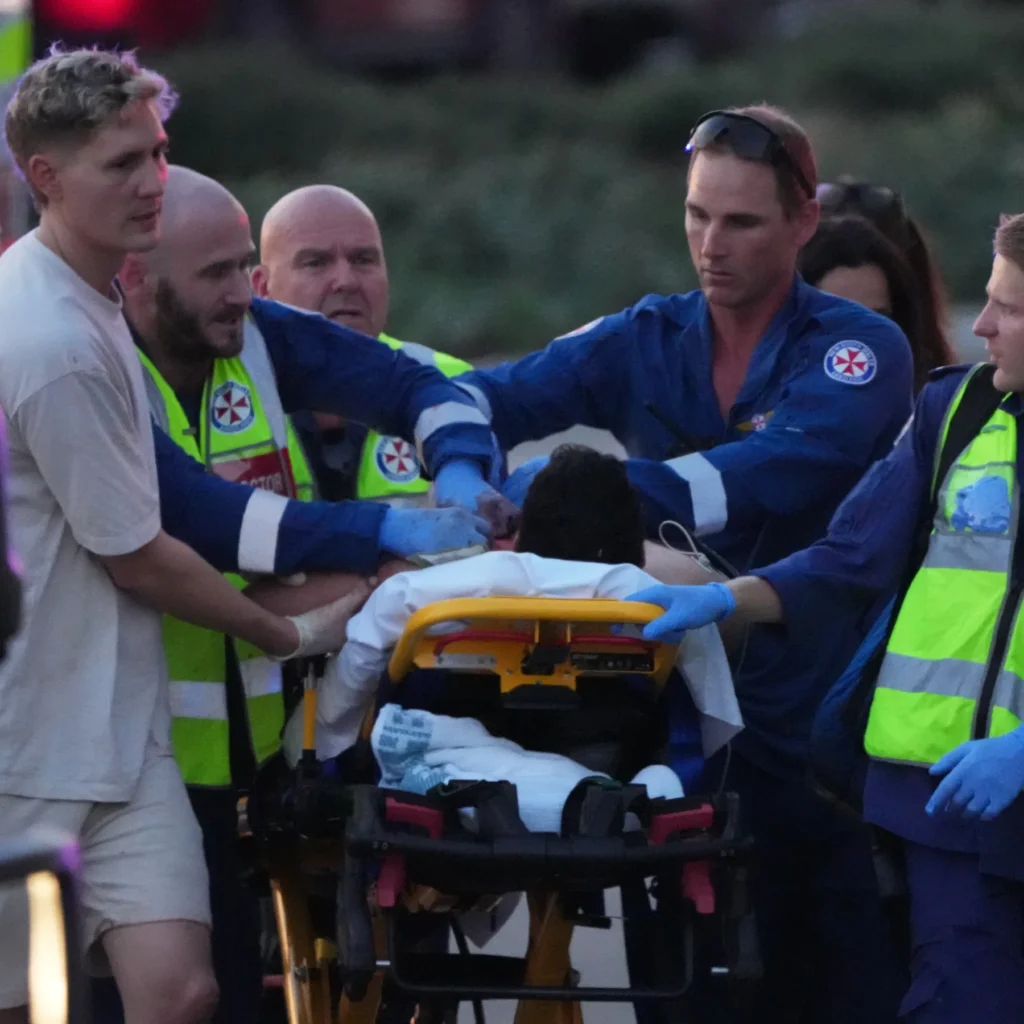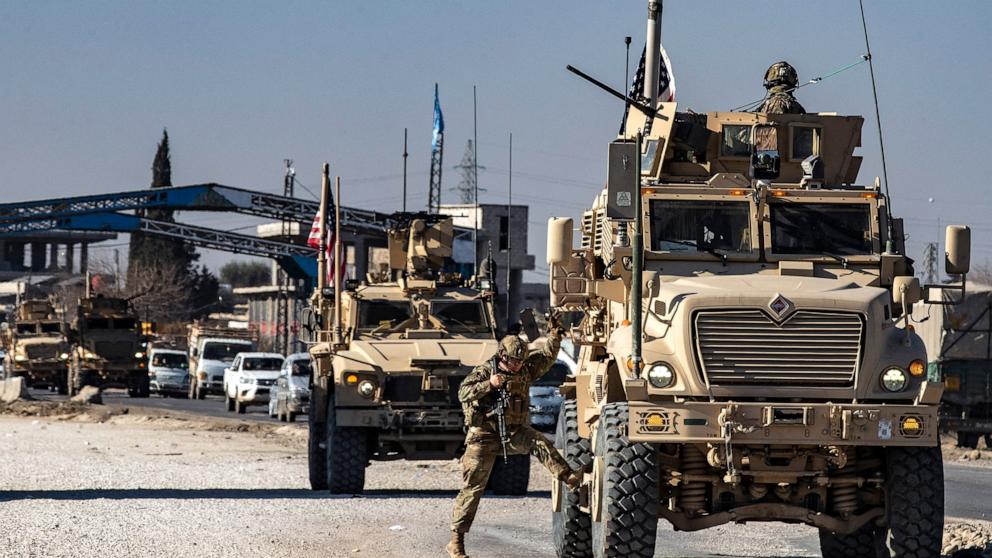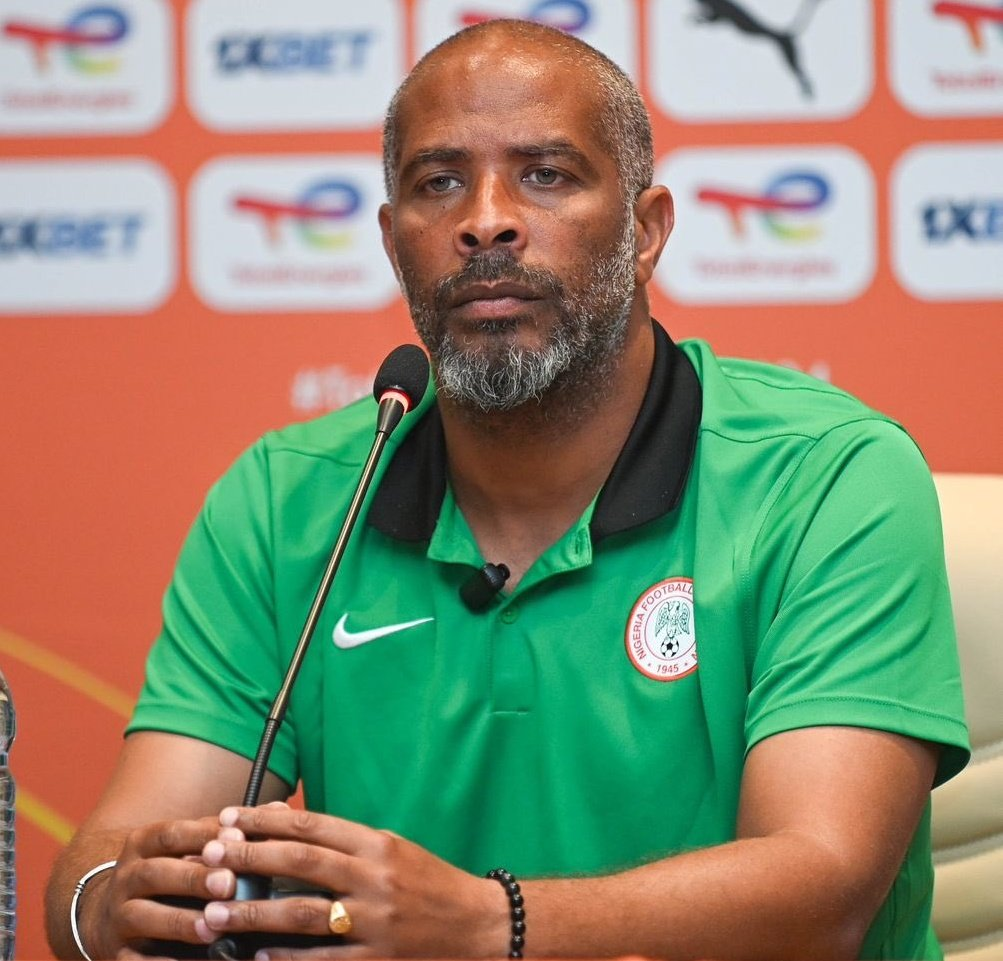Israel’s military hit the family home of the exiled leader of Hamas on the outskirts of Gaza City with an airstrike Saturday and pressed ahead with attacks across in the besieged enclave where a humanitarian crisis is rapidly worsening.
With food, water and the fuel needed for generators that power hospitals and other facilities running out, U.N. Secretary-General Antonio Guterres urged an immediate cease-fire to allow aid in.
“The humanitarian situation in Gaza is horrific,” Guterres said late Friday in an unusually blunt statement. “An entire population is traumatized, nowhere is safe.”
U.S. Secretary of State Antony Blinken has been in the region since Friday trying to find ways to ease the plight of the civilians caught in the fighting and was meeting with Arab foreign ministers on Saturday. His mission is complicated by Israel’s insistence there can be no temporary cease-fire until all hostages held by Hamas are released.
Guterres said he had not forgotten the slaughter of civilians at the hands of Hamas militants when they launched their attack on Israel almost a month ago, but said civilians and civilian infrastructure must be protected. He also said civilians must not be used as human shields, and called upon Hamas to release all of the roughly 240 hostages it has.
The family home of Hamas’ exiled leader Ismail Haniyeh, in the Shati refugee camp on the northern edge of Gaza City, was hit Saturday morning by an airstrike, according to the Hamas-run media office in Gaza. It had no immediate details on damage or casualties and there was no immediate comment.
Senior Hamas official Ghazi Hamad told The Associated Press that the house was being used by Haniyeh’s two sons.
The home is located in a narrow alley in the refugee camp, which has become a crowded neighborhood of Gaza City over the generations. Haniyeh, a former aide to Hamas’ founder, Ahmed Yassin, who was killed in an Israeli airstrike in 2004, has been in exile since 2019.
Overnight strikes also hit the western outskirts of the city and near Al-Quds Hospital.
Adly Abu Taha, a Gaza City resident who has sheltered in the hospital grounds for the past three weeks, said strikes have repeatedly hit close to the hospital in recent days.
“The bombardment gets closer day by day,” he said over the phone. “We don’t know where to go.”
Hundreds of thousands of Palestinians remain in the city and across northern Gaza.
Israel says Hamas has extensive military infrastructure in the city, including a network of underground tunnels, bunkers and command centers. It says its strikes target Hamas, and the militants endanger civilians by operating among them.
The city is now encircled by Israeli forces, who have been urging civilians to head south to avoid getting caught up in the fighting.
Despite those warnings, Israel has continued striking in the south, saying it is targeting Hamas members, but bombs are also killing entire families.
Raed Mattar, who was sheltering in a school in the southern town of Khan Younis after fleeing the north early in the war, said Saturday that he regularly heard explosions, apparently from airstrikes.
“People never sleep,” he said. “The sound of explosions never stops.”



























